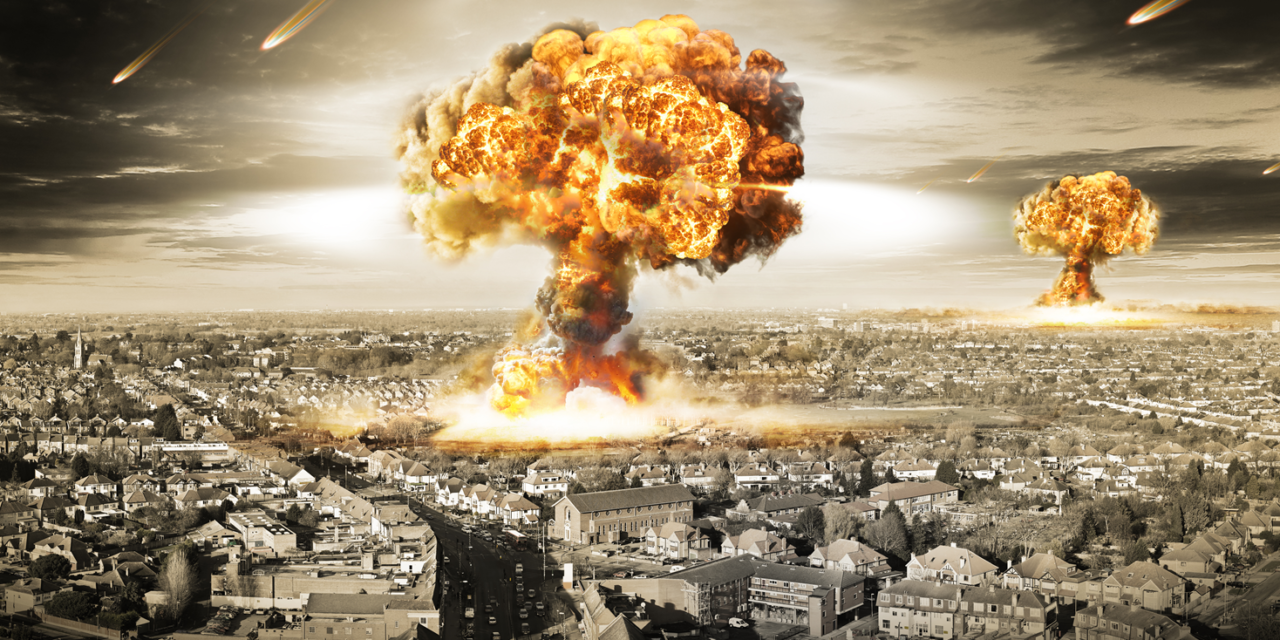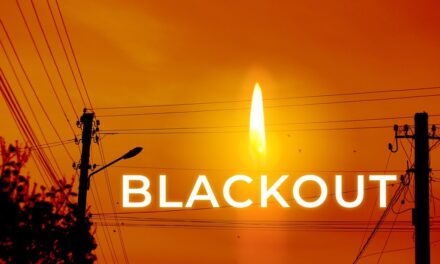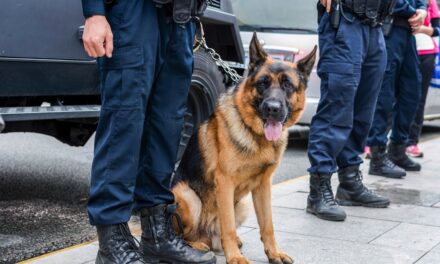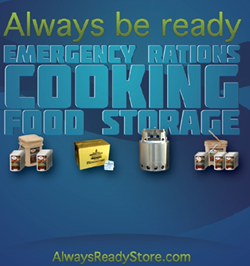Signs of Thunder: Are We on the Brink of World War III?
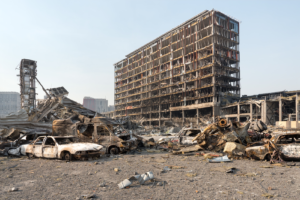 In a world that seems to spin faster every day, whispers of old fears and worries about new global conflicts are getting louder. It’s like looking at dark clouds gathering on the horizon, warning us of a storm. But are we paying attention? This article dives into the signs that might be telling us a massive storm, perhaps World War III, is closer than we think. But it’s not all doom and gloom; we’ll also talk about how we, especially families, can start preparing, especially when it comes to our food and water supplies.
In a world that seems to spin faster every day, whispers of old fears and worries about new global conflicts are getting louder. It’s like looking at dark clouds gathering on the horizon, warning us of a storm. But are we paying attention? This article dives into the signs that might be telling us a massive storm, perhaps World War III, is closer than we think. But it’s not all doom and gloom; we’ll also talk about how we, especially families, can start preparing, especially when it comes to our food and water supplies.
Rising Tensions Between Countries
Imagine two people who can’t stand each other, always arguing, never agreeing on anything. Now, imagine those people are countries with armies. That’s what’s happening in many parts of the world today. Countries are bickering over land, over who’s stronger, and who has more influence. Just like in history, these arguments can lead to fights, and with countries, fights mean war. The tension is like a tightly coiled spring, ready to snap at any moment.
The Comeback of Nationalism
Remember reading about how, before the world wars, countries were all about showing how great they were, often at the expense of others? That same “my country is the best” attitude is making a big comeback. It’s dangerous because it often means countries are less willing to talk and more ready to fight to prove their point.
The Arms Race is On… Again
It’s like countries are in a competition on who can lift the heaviest weights, but with weapons. Everyone is trying to have the biggest, baddest weapons out there. This isn’t just about tanks and planes anymore; it’s also about who can hack into the other’s computers or shut down their satellites. More weapons mean it’s easier to start a war and harder to stop it.
Money Troubles and Fighting Over Resources
When times are tough, people can get desperate, and so do countries. Right now, the world is like a group of people who’ve been lost in the desert and just found a small water source. Everyone wants a sip, and no one wants to share. Countries are struggling with their economies and are worried about not having enough resources, like water and oil. This struggle can lead countries to fight over who gets what.
Not Getting Along on the World Stage
There used to be places where countries could talk about their problems, like a school counselor’s office. But now, it seems like fewer countries trust these places to help. It’s like if the school counselor was ignored, and the kids had to solve their problems on their own, which can lead to more fights.
What Does This Mean for Our Food and Water?
Here’s the thing: wars, especially big ones, can make it really hard to get basic stuff like food and water. Imagine going to the store and finding empty shelves or turning on the tap and getting no water. Scary, right? But there’s something we can do about it.
Start Preparing Now
Families should start thinking about having extra food and water at home, just in case. It’s like packing an emergency kit before a big storm hits. Here are a few tips:
- Stock up slowly: Every time you go shopping, pick up a few extra non-perishable items, like canned goods or dried beans.
- Water is key: Make sure you have enough water stored. A good rule is one gallon per person per day for at least three days.
- Learn to be a bit old-fashioned: Knowing how to do things like growing your own vegetables or collecting rainwater can be really handy.
The Silver Lining
While the signs might seem scary, knowing about them means we can work to change things. Just like preparing for a storm can make it less scary, understanding what’s happening in the world and getting ready can make a big difference. It’s not just about avoiding a war; it’s about making sure we can take care of ourselves and our loved ones if things get tough.
Conclusion
The clouds might be gathering, but there’s always something we can do, both as countries and as individuals. By paying attention to these signs and starting to prepare, especially when it comes to basic needs like food and water, we’re not just waiting for the storm to hit; we’re building shelters and making sure we’re ready to face whatever comes. Let’s not repeat the mistakes of the past but learn from them to build a safer, more prepared future.

